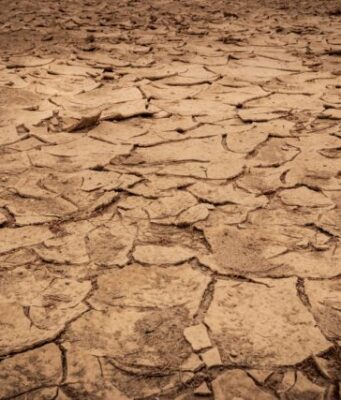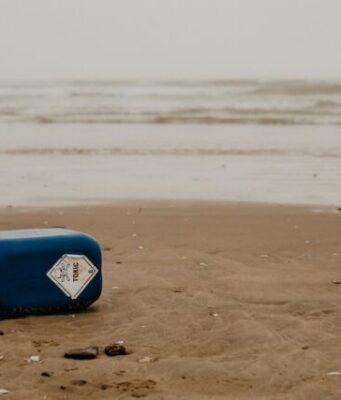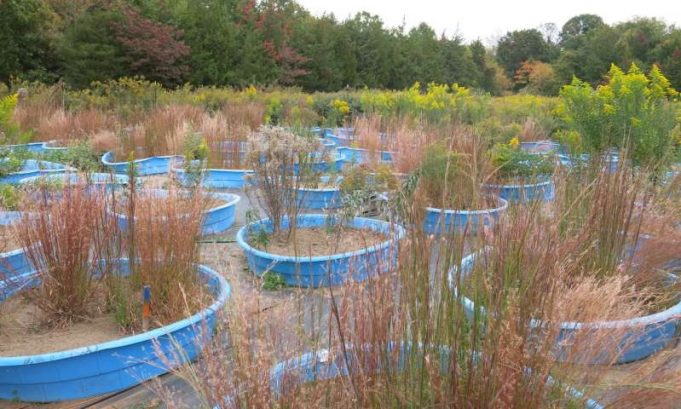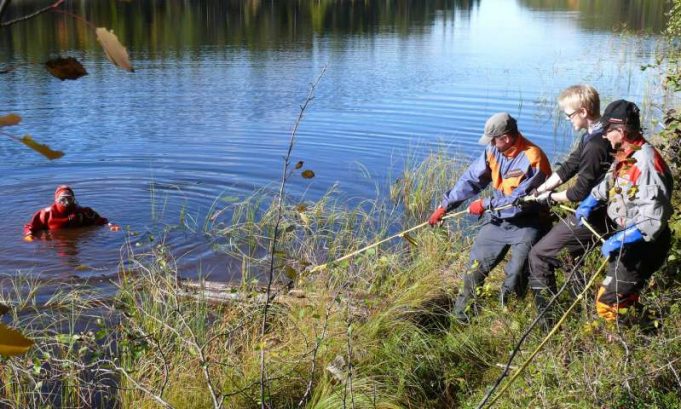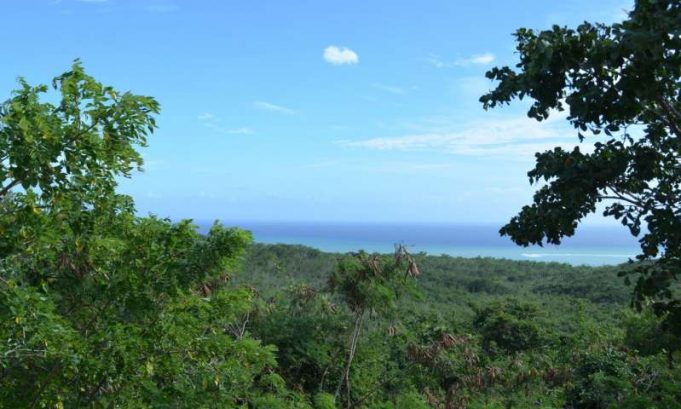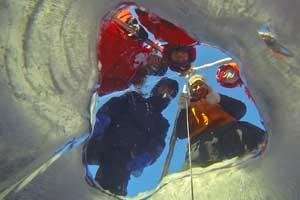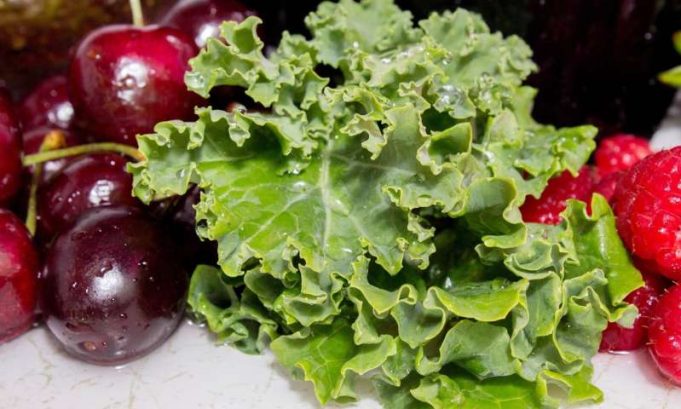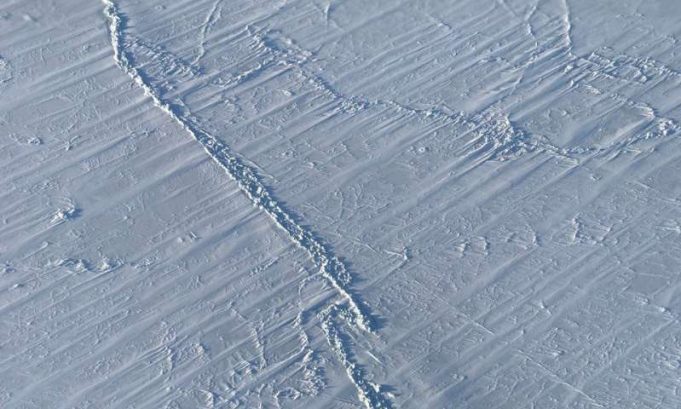Climate change could speed the natural regrowth of forests on undeveloped or abandoned land in the eastern U.S., according to a new study.
If left to nature's own devices, a field of weeds and grasses over time will be replaced...
A recent study published in an esteemed academic journal indicates that volcanic eruptions in the mid-500s resulted in an unusually gloomy and cold period. A joint research project of the Chronology Laboratory of the Finnish Museum of Natural History...
Predicting how increasing atmospheric CO2 will affect the hydrologic cycle, from extreme weather forecasts to long-term projections on agriculture and water resources, is critical both to daily life and to the future of the planet. It is commonly thought...
About 250 million years ago, when the Earth had no ice caps and the water around the equator was too hot for reptiles, sea level still rose and fell over time. Now, an international team of researchers has developed...
In the latest peer-reviewed publication on the potential impacts of a border wall on plants and animals, conservation biologists, led by a pair of scientists from The University of Texas at Austin, say that border walls threaten to harm...
Weather extremes caused by climate change could raise the risk of food shortages in many countries, new research suggests.
The study, led by the University of Exeter, examined how climate change could affect the vulnerability of different countries to food...
Bacteria in tap water can multiply when a faucet isn't used for a few days, such as when a house is vacant over a week's vacation, a new study from University of Illinois engineers found. The study suggests a...
New research led by U of T Mississauga geographer Igor Lehnherr provides startling evidence that remote areas in Canada's Arctic region—once thought to be beyond the reach of human impact—are responding rapidly to warming global temperatures.
The study, published in...
About a third of the food produced for human consumption is estimated to be lost or wasted globally. But the biggest waste, which is not included in this estimate, may be through dietary choices that result in the squandering...
Sea ice in the Arctic grew to its annual maximum extent last week, and joined 2015, 2016 and 2017 as the four lowest maximum extents on record, according to scientists at the NASA-supported National Snow and Ice Data Center...
The vast dump of plastic waste swirling in the Pacific ocean is now bigger than France, Germany and Spain combined—far larger than previously feared—and is growing rapidly, a study published Thursday warned.
Researchers based in the Netherlands used a fleet...


